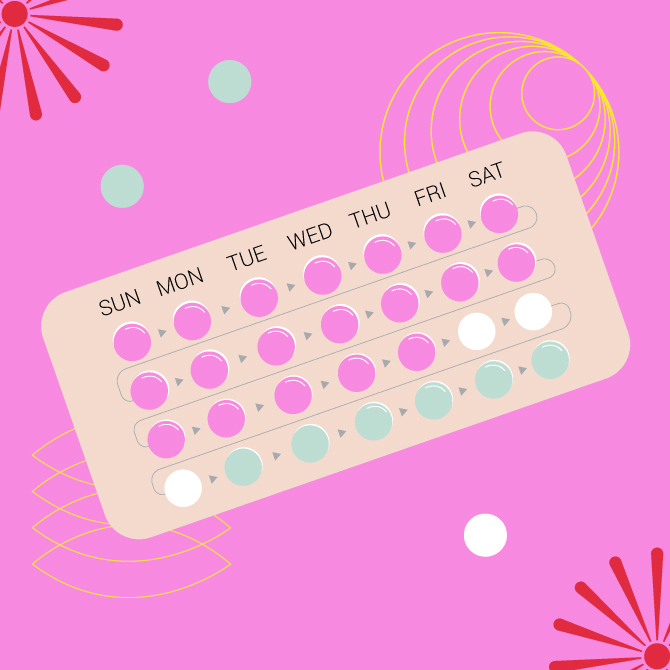I began my journey with Polycystic Ovarian Syndrome (PCOS) when I was first diagnosed in early February 2020. I sat in a gynaecologist clinic, feeling my heart drop as the doctor began to explain everything this condition had in store for me. She talked about the ways PCOS affects women—growing facial hair, acne, fatigue, balding, infertility, inflammation, severe mood swings, irregular periods, and more. A long list of things I never thought I would have to deal with.
I left feeling defeated as if my life had shifted from improvement to a screeching halt. I spent the next few days watching countless videos and reading an endless array of articles that all led me in different directions. One in three women have PCOS, then why was it so hard to find proper information and guidance?
Why are we not talking about this?
Polycystic Ovarian Syndrome
Symptoms
- Irregular periods or complete absence of periods
- Male pattern hair growth; on the face, chest, back
- Acne or oily skin
- Hair thinning on the head
- Weight gain
- Infertility
- Insulin resistance
The cause of PCOS is unknown, but what is known is that it is a hormonal disorder that most commonly occurs in women who have reached their reproductive age. The ovaries of women with PCOS develop a small collection of fluid or cysts that causes the eggs in the ovaries to be released irregularly. This means that women with PCOS may suffer from irregular or prolonged menstrual periods and develop an excess of the male hormone, androgen.
And so, having PCOS does not necessarily mean you can’t get pregnant, which is one of the common misconceptions about this condition. As the Office on Women’s Health website states: “PCOS is one of the most common, but treatable, causes of infertility in women. In women with PCOS, the hormonal imbalance interferes with the growth and release of eggs from the ovaries (ovulation). If you don’t ovulate, you can’t get pregnant.”
What the doctors say is not always absolute
Birth control pills! Join a gym! Cut calories! Lose weight, girl! These were some of the pieces of advice I got from the doctor as a plan to move forward. She also went on to say that birth control pills for plus-sized women could possibly cause blood clots and if not caught early enough, may result in amputation or death. That was not the way I was going to go out.

I decided from then that I was going to try to do this the way I felt I needed to—without pills and potential blood clots. Through my research, I came across an Instagram account, @pcos.weightloss, which is run by a woman named Tallene. She is a registered dietitian who is also living with PCOS and she has helped countless women manage their PCOS symptoms by showing them the right diet and workout.
Going dairy- and gluten-free can help manage PCOS
Women with PCOS have higher inflammation markers than women without the syndrome, and it is believed that daily consumption of gluten-containing foods plays a big part in causing inflammation. Also, going dairy-free helps lessen mood swings, bloating, fatigue; and improves energy levels. More research needs to be done on these findings and that is why it is important for us to create a dialogue.
No more intense workouts!

30-40 per cent of women who are living with PCOS are insulin-resistant, which makes losing weight very difficult and slow. Most women are told to join a gym and work hard to lose weight, but this only stresses the body and causes it to overproduce insulin, which in turn causes the body to store more fat. Low-impact workouts for 3o minutes, three times a week—and ensuring there are rest days—are recommended because the body is then not overworked and can then begin to use stored fat.
There’s much to learn about PCOS and this is only the beginning of my journey. I’ve taken the first step with my sharing. Let’s start talking about the right way to manage PCOS!
Disclaimer: This article is not a substitute for a doctor–if you are concerned about your symptoms or your reproductive health, please contact a specialist.
| SHARE THE STORY | |
| Explore More |




